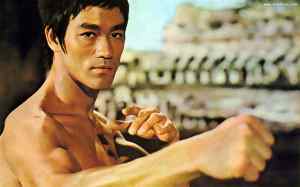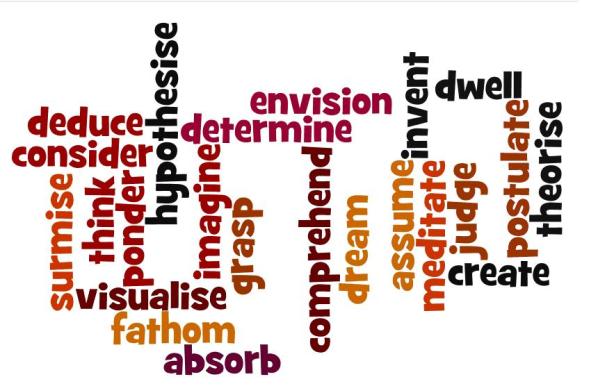 I’ve never had political aspirations but half an hour ago I was really wishing I had somehow made it to position of speech writer for the PM.
I’ve never had political aspirations but half an hour ago I was really wishing I had somehow made it to position of speech writer for the PM.
Unveiling a multi-million dollar package to tackle domestic violence in Australia, Prime Minister Malcolm Turnbull gave a speech highlighting the deaths of 63 women (three in the last three days alone) due to domestic violence. I listened intently, waiting for his hard, angry sell of this issue of violence by men against women. I was left disappointed.
Turnbull managed to give an entire speech in which the words “men” or “man” was not mentioned once. The media release accompanying his announcement was likewise absent of these words. How do you talk about domestic violence where “woman” or “women” is used 31 times, yet the cause of this violence is not mentioned once? You use terms like “gender issue”, “lack of respect to women”, “at the hands of their partners”, “family violence”, and “family member”.
Some may argue that domestic violence is also perpetrated by women against men, and that is a very real issue. But that’s not the issue being highlighted here. The point is definitely being made to stop the violence against women but no mention of the men who are doing it.
Out of the $100 million package on stopping the violence (#StoptheViolence) towards women a mere $2 million is going towards MensLine for “tools and resources to support perpetrators not to reoffend.” The other funding is to help women after they have been beaten and abused.
I know politicians may not want to single out such a large portion of their demographic by saying, “Men are cowards if they beat women and children”, but the men who don’t beat their wives and children are just as sickened by the actions of their cowardly counterparts so the only offence would be taken by the minority of that demographic. I appreciate Turnbull highlighting the lack of respect behind the actions of violent men but that isn’t the issue. Neither will it matter to say that men are “unAustralian” if they bash their wives. These men don’t care about that. They are angry, violent men who know there will be no repercussions when they beat their wives and children. They can make themselves feel big by hitting something smaller and weaker. And they can get away with it, repeatedly.
I just don’t understand why politicians are so damn polite when talking about hard issues. God forbid we should offend anyone, especially the perpetrators of hate crimes (yes, I do consider it a hate crime) like domestic violence: the men who will kill their own children to hurt their ex-wife, the man who will walk into the maternity ward of a hospital and bash his wife after she has given birth to his child, the man who will bash his wife until she loses consciousness and waits for her to wake so he can beat her again, the man who will grab his baby by the legs and beat it against a wall – these are all actual incidents. But, of course, we don’t want to offend these men by shining a light on their cowardly acts. It’s best to dump them all under the politically correct term “domestic violence” and try to help the woman get back on her feet after her husband has broken her legs.
It’s just another case of politicians working on perfecting political rhetoric rather than confronting the real issue.
Very sad.


